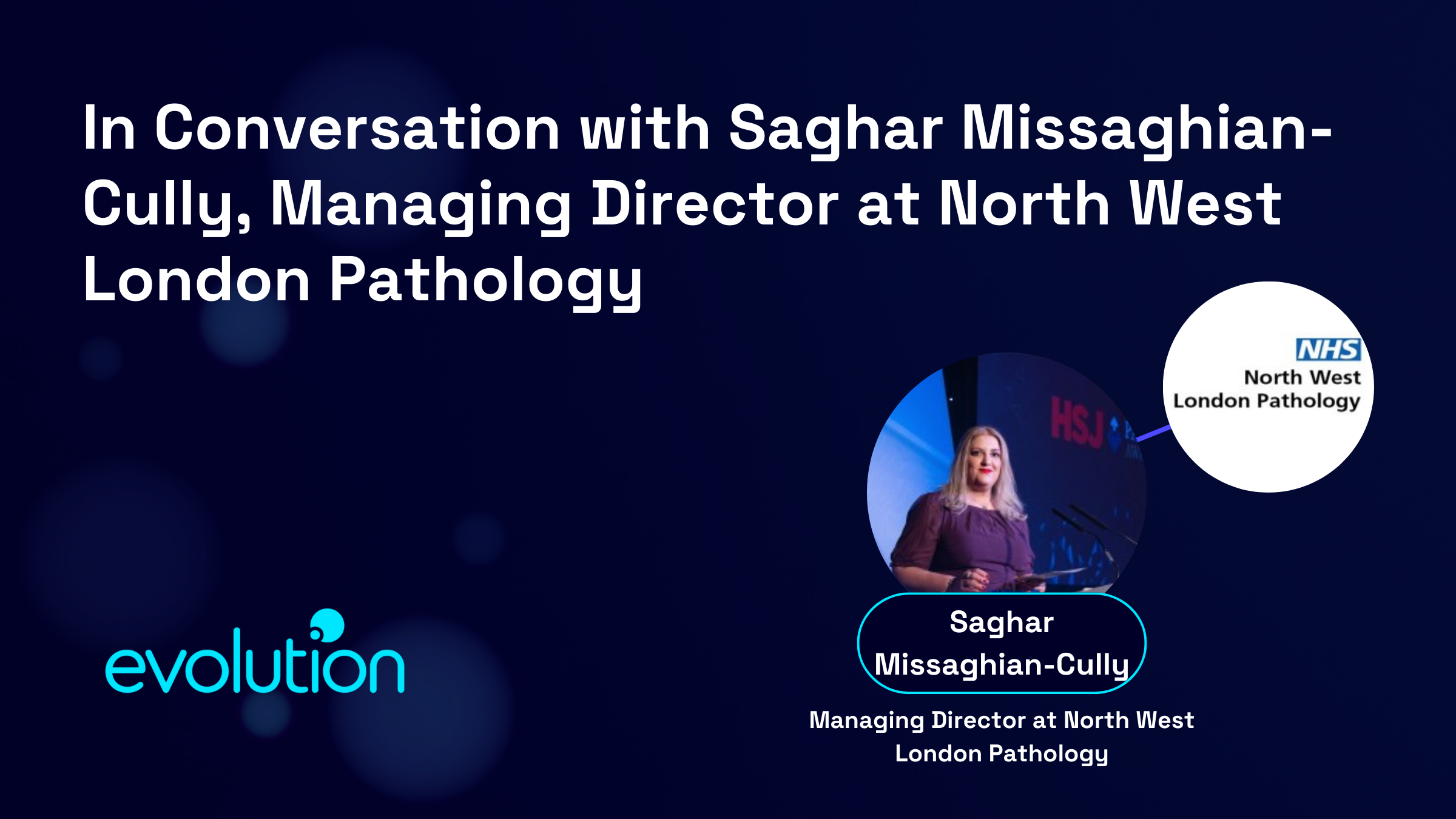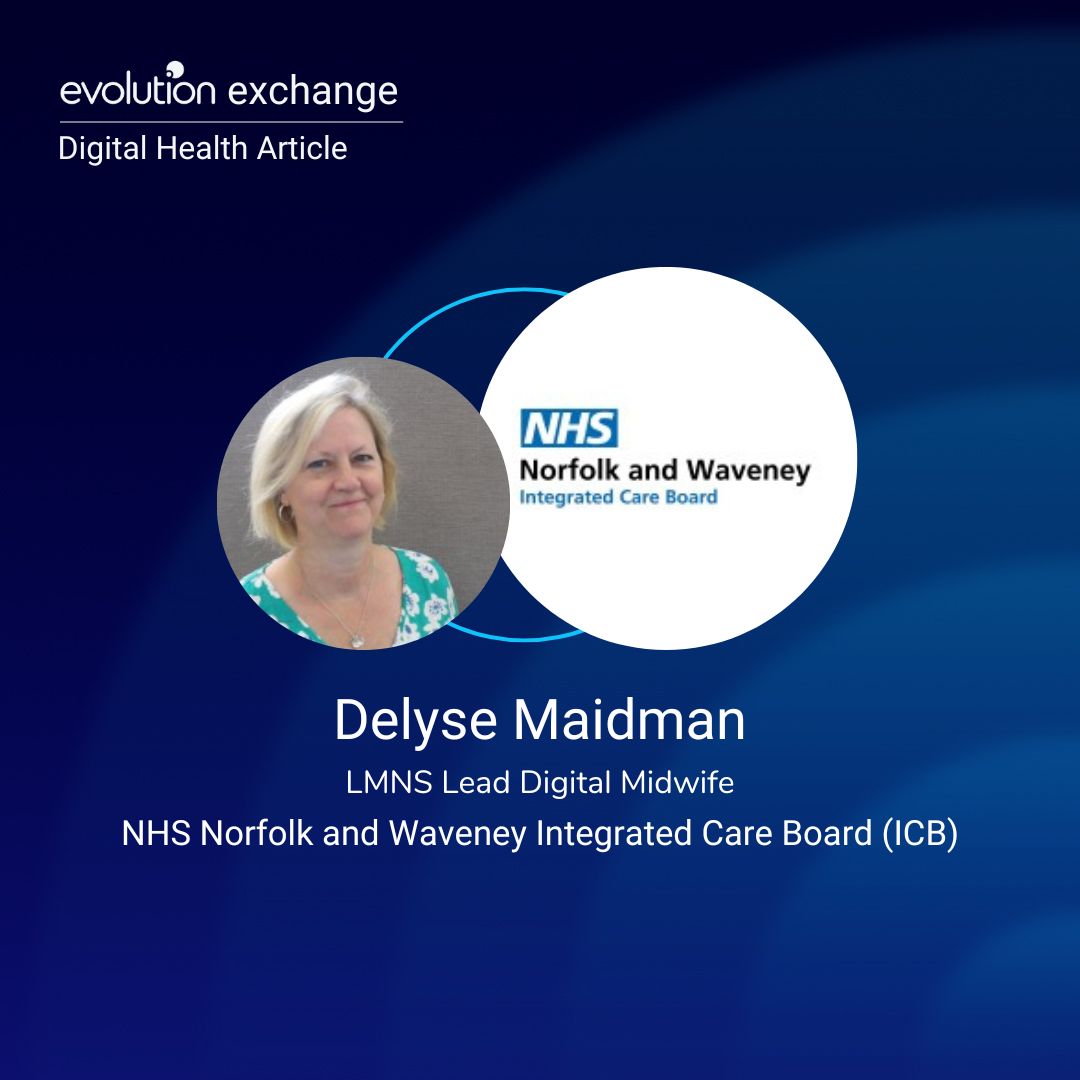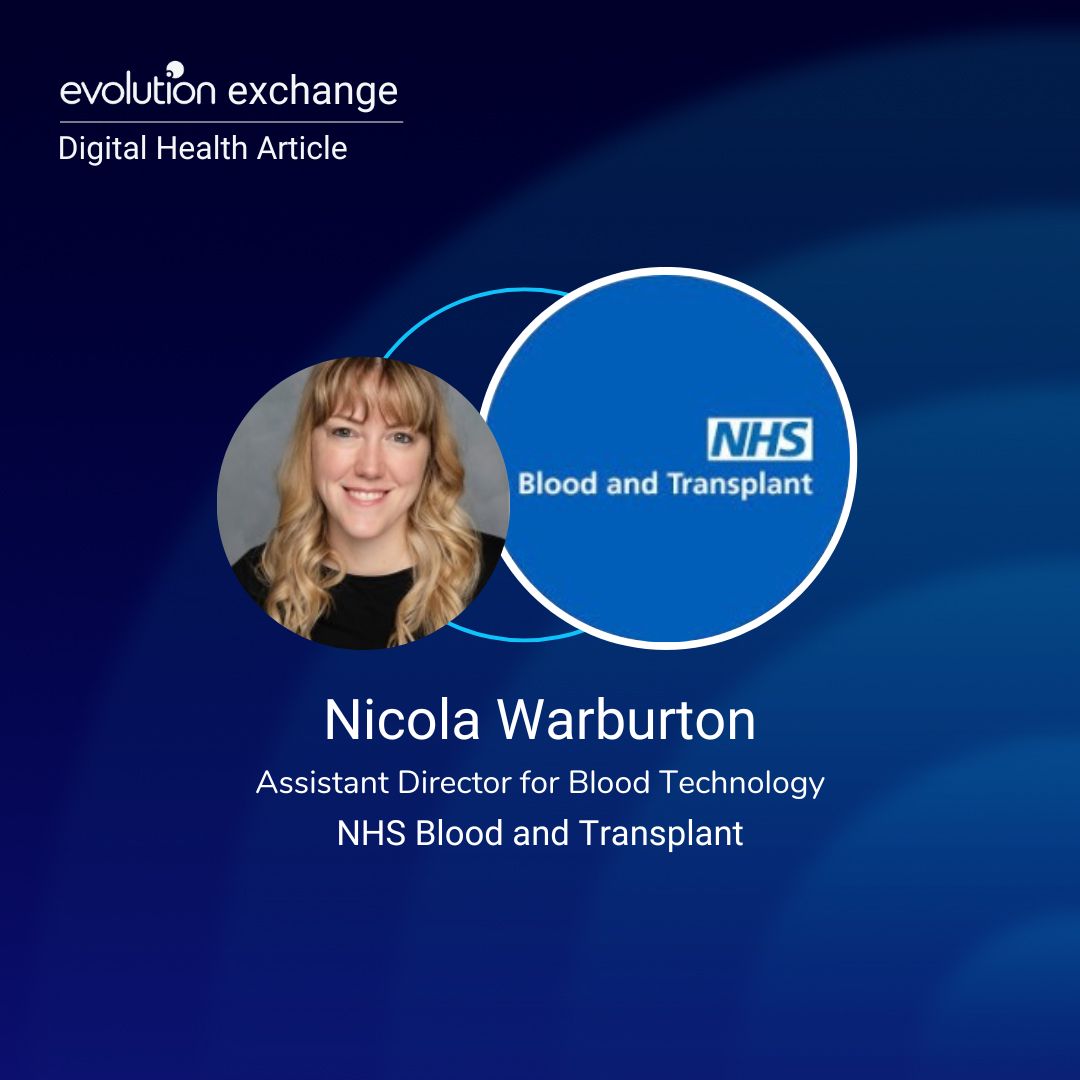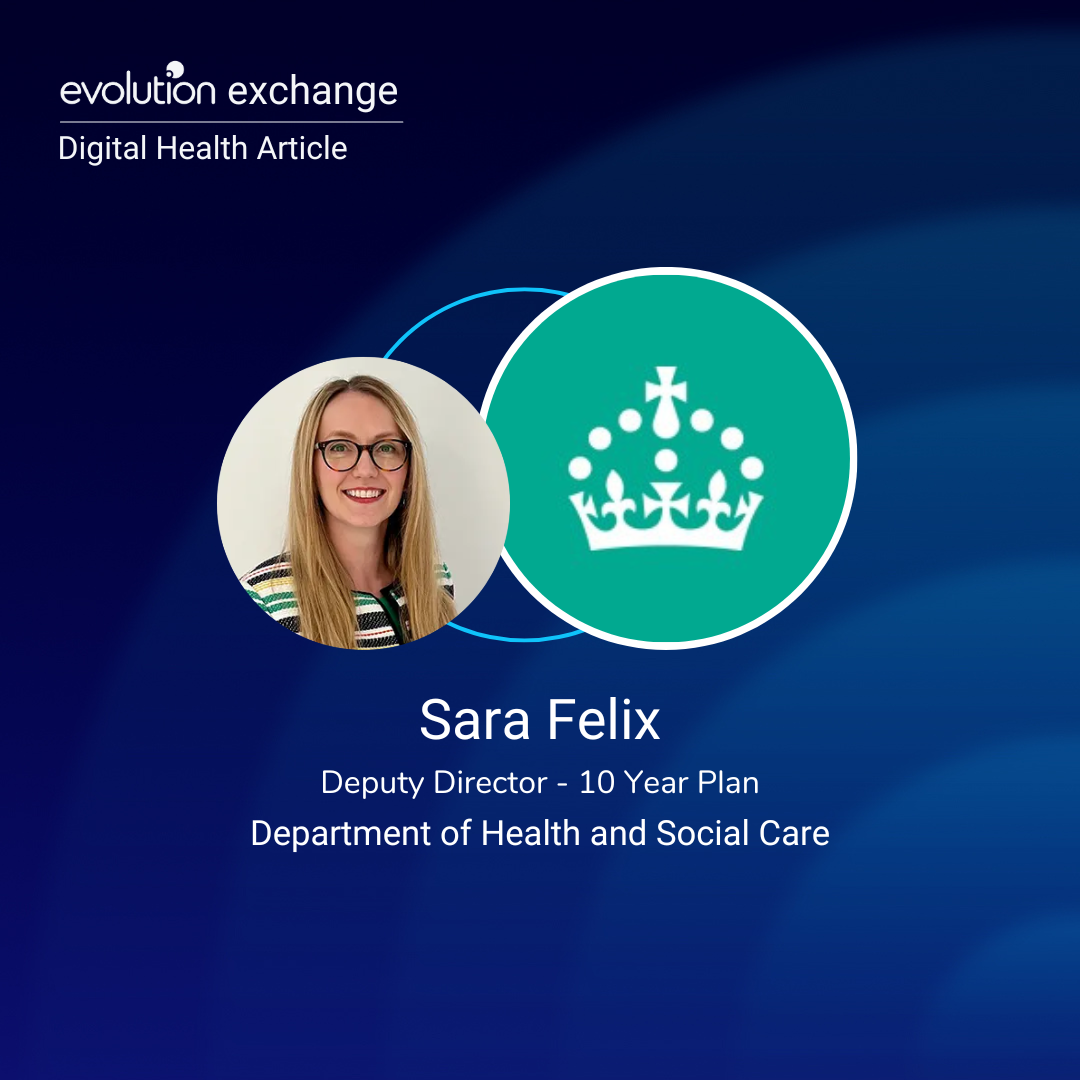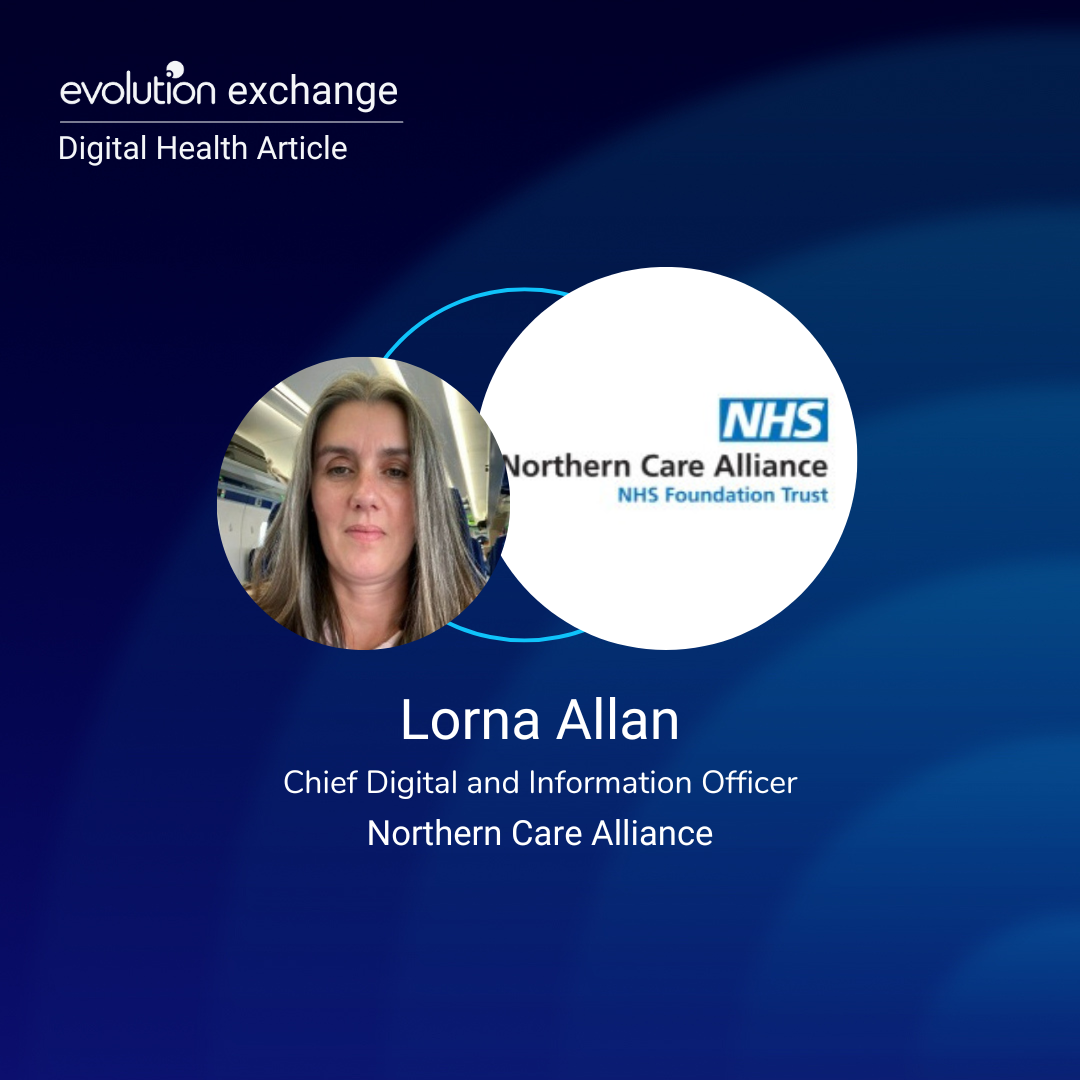Saghar’s Route to Leadership
Having completed a Applied Human Biology degree, Saghar fell into biomedical science almost by accident after her Mother became ill after a cancer diagnosis. “While she was in hospital, I was spending a lot of time in the hospital with her and people would come and go, doctors and oncologists included, and they would ask what I’m doing and where I want to go. At the start of my Mum beingin hospital, I was told there was a trainee biomedical scientist position coming up in Cytology by one of the oncologist. I didn’t get the job as others had applied with a more relevant degree and I would need a top up.
Six months later, Saghar’s Mother passed away and Saghar applied for a job in pathology in the Histology department at the hospital. “I wanted to stick around, I didn’t want my dad to be on his own. Rather than going back to London, I joined the trainee process and gets the wheels rolling on becoming a state registered biomedical scientist.”
As part of that, Saghar needed to do a biomedical science top-up. So, while working, Saghar worked towards a master’s degree in biomedical science . From there Saghar started work in that District General, but Saghar wanted to experience more and that meant applying for a senior roles that were few and far between in Saghar’s District General. After some years of experience and waiting for the right opportunity, a position came up that would have Saghar moving back to London to take up a position as a Senior Biomedical Scientist and Training and Development Manager in a Teaching Hospital. “Training was one of the areas that I was quite interested in as well. So we had lots of trainees coming through because it was a big teaching hospital. And I was quite active with the Institute of Biomedical Science (IBMS), was the Chair for IBMS London Regionand signed up to become an external assessor. So that was really my first, I guess, bit of activity that was not purely laboratory science related, I was doing something which was managing portfolios for trainees and would go around doing assessments for other trainees at different hospitals.”
After a restructuring at the hospital she was working at, A number of new roles became available – one of which was a Quality and Governance Manager. “I was approached by the Head of Pathology, who came to me and said, You know, we’ve got this role, in an area that has not done well in assessments s with external bodies. And you know, you’ve got a lot of experience in this specialty. And you’ve done lots of training Do you think you’d like to apply? And I said, Well, I haven’t got a lot of experience in quality and governance. But actually, I thought, why not?”
Diversifying Saghar’s portfolio of experiences, this role led her on to take new operational management opportunities that expanded her learning. Years and a few departmental management roles and divisional management roles later, Saghar went for her first MD role for a Joint Venture pathology in London, followed by a regional role at NHSI now an MD for North West London Pathology. “The opportunities are there, but actually taking those opportunities and sometimes being guided towards them, you know, by someone saying, why don’t you do that? Is what it sometimes takes.”
“I have a son and a daughter, and I especially wanted to be the example for my daughter to show her that you can have a career and you can be a caring mother as well. Of course, it was hard going back and leaving them when they're little and putting them in full time childcare.”
What is Pathology?
During the COVID-19 pandemic, the word ‘pathology’ has been a mainstay in the public zeitgeist. But what exactly is pathology?Essentially, pathology is the study of disease, and that is then split and broken down into disciplines. Pathology underpins every aspect of patient care, from diagnostic testing and treatment advice to using cutting-edge genetic technologies and preventing disease.“I like to describe pathology as the heart of healthcare because without it, there’s huge amount of knowledge and activity that can’t take place.”
During the last decade, pathology services in England have undergone profound changes. In particular, the Carter review was published in 2006 and it highlighted the importance of pathology services, with an estimated 70–80% of all healthcare decisions affecting diagnosis or treatment being influenced by laboratory medicine results. “Most people have touched pathology in some way if they’ve ever accessed their GP or been to the hospital. So, we cover a whole range of specialties from Blood Sciences, cellular and tissue sciences to infectious diseases. The latter is where Virology sits which has been front and centre in the pandemic.”
North West London Pathology (NWLP)
Traditionally, pathology is a department within a hospital. In 2017, the NHS committed to the consolidation of pathology services in England by proposing 29 networks – based off of analysis showing unwarranted variation in how NHS pathology services are delivered to patients because of how they are organised. NWLP was formed by three trusts in northwest London coming together to create a joint venture. “They created an all-NHS joint venture pathology organisation, it is wholly owned by the three trusts. we are not a separate legal entity, we’re very much hosted by one of the trusts and we are based and use the facilities of all seven trusts hospital sites on which we operate.”
I Want to Set an Example for my Daughter
Saghar, who has always had a passion and drive for her work, wasn’t going to slow down when she had her children. “I have lots of friends who have studied for many years and made the decision to reduce their hours. For me, that was never an option. It wasn’t something I would consider – it’s not in my nature.”
Being out there, working hard and achieving her goals was exactly the kind of example Saghar wanted to set to her daughter, who continued to benefit from the love of the family around her. “I have a son and a daughter, and I especially wanted to be the example for my daughter to show her that you can have a career and you can be a caring mother as well. Of course, it was hard going back and leaving them when they’re little and putting them in full time childcare.”
Commuting to London, Saghar was often leaving before her children were out of bed and coming back when they were tucked in. This was an incredibly difficult time for Saghar, but one she looks back on without regret because of the example she set for her daughter. “You are not human if sometimes you don’t feel guilty about it but I think it’s good for her to see that her Mum works hard. She sometimes has lovely conversations with me about what I do and the importance of how it helps people.’”
You Can’t Do it Alone
For those who are looking to follow in Saghar’s footsteps, she has this advice: “It can be a very lonely place when you progress to a higher position. There are times that you have nobody else to talk to. But I think what you have to do is to surround yourself with good people that you trust. Creating the team that you trust and those that hold the same values related to the organisation that you work within would be the advice I would give anybody, and that could be at any level in any organisation, the people that you surround yourself with need to work as a single unit.”










